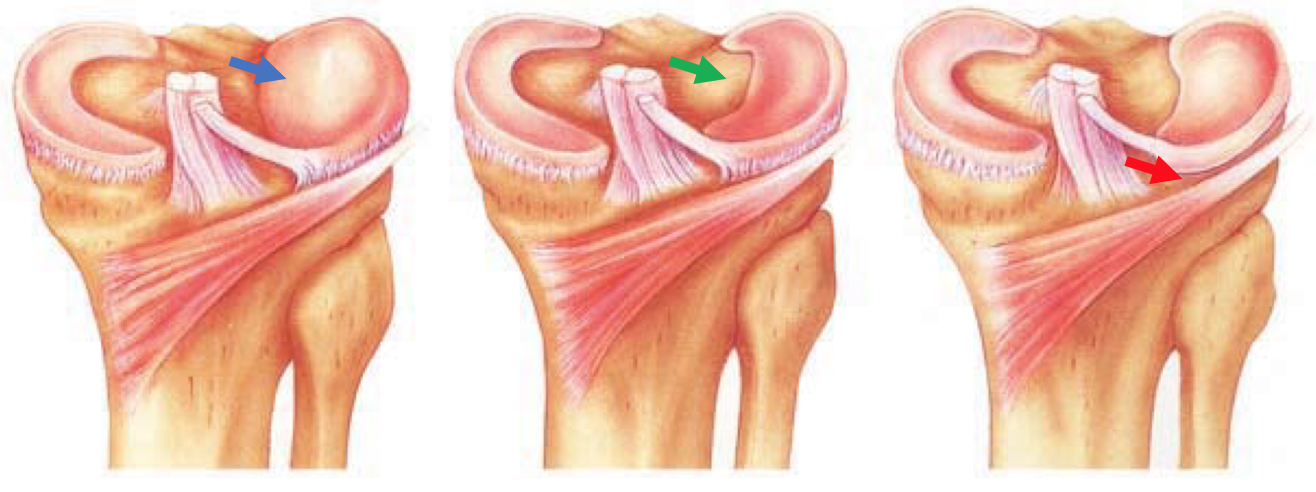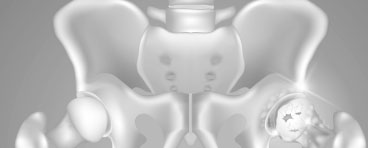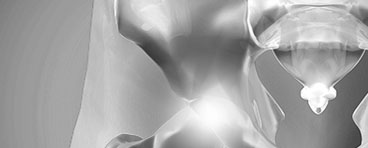Click on the links below to find out more
Discoid Meniscus
OVERVIEW
A discoid meniscus is an abnormally formed meniscus (shock absorber) in the knee.
The medial meniscus is on the inside of the knee, it is attached to the ligaments on the inside of the knee (MCL) and the joint capsule. As it is more firmly attached to the deep structures of the knee, it is more commonly injured than the lateral meniscus. It takes approximately 50% of the weight across the medial (inside) compartment of the knee. The lateral meniscus is on the outside of the knee, it is more mobile and ‘C’ shaped than the medial meniscus. It takes up to 80% of the weight across the outside compartment fo the knee.
The medial meniscus is on the inside of the knee, it is attached to the ligaments on the inside of the knee (MCL) and the joint capsule. As it is more firmly attached to the deep structures of the knee, it is more commonly injured than the lateral meniscus. It takes approximately 50% of the weight across the medial (inside) compartment of the knee. The lateral meniscus is on the outside of the knee, it is more mobile and ‘C’ shaped than the medial meniscus. It takes up to 80% of the weight across the outside compartment fo the knee.
In cross section the meniscus looks like a triangle – with the apex (tip) on the inside and the base on the outside. The two parts of the meniscus form a ‘bow tie’ on an MRI scan.
There can be variations of the natural anatomy which can cause the meniscus to tear – a “Discoid” Meniscus. This is where the meniscus develops into a semicircular shape, rather than a crescent shape. It lacks the stability of a normal meniscus, and consequently can tear more easily.
Above: Types of Discoid Lateral Meniscus (Blue)

Types of Discoid Meniscus: Complete(Blue Arrow), Incomplete (Green Arrow) and Wrisberg Variant (Red Arrow)

Dr David Slattery
FRACS MBBS (Hons) LLB FAOrthA
Dr David Slattery is an orthopaedic surgeon based in Melbourne with over 10 years of experience, with a special focus on hip and knee joint preservation and replacement. With qualifications in both medicine and law, he brings a unique and comprehensive approach to patient care. His surgical techniques are minimally invasive and evidence-based, designed to reduce pain and enhance recovery.
Trained in leading institutions across Europe and the USA, Dr Slattery offers advanced treatments for a wide range of joint conditions. He is deeply committed to patient outcomes and takes pride in tailoring treatment plans to each individual. Whether you’re an athlete or seeking relief from chronic joint pain, his goal is to restore function and improve your quality of life.








